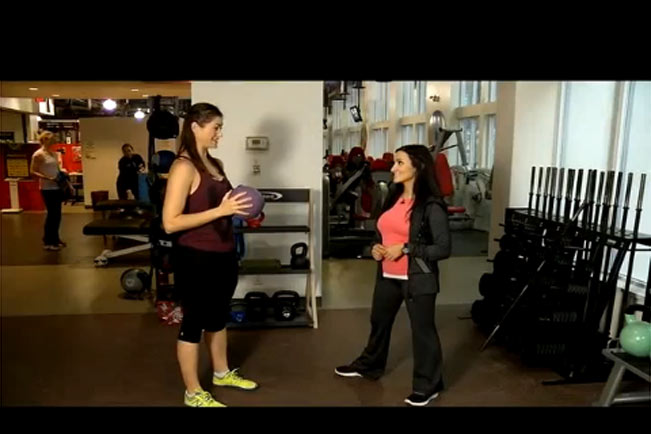I just finished reading a great book called The Immune System Recovery Plan, by Dr Susan Blum, that teaches you how to help prevent or treat any autoimmune disease – like celiac disease, rheumatoid arthritis, lupus, multiple sclerosis and inflammatory bowel disease – by fixing these foundations:
- Food
- Stress
- Gut
- Liver
The book also has over 40 delicious recipes that are free from gluten, dairy, corn and soy.
The Four Foundations of The Immune System Recovery Plan
- Use food as medicine – identify foods that trigger inflammation and remove them from your diet
- “You will learn how to evaluate and understand what makes you biochemically unique, and then I’ll show you how to use this information to create your own personalized nutrition plan.”
- Understand the stress connection– stress hormones have a huge impact on your immune function
- “To get healthy and stay that way, you must learn skills to keep your mind from dwelling on particular thoughts so that you don’t damage your body with chronically high levels of cortisol.”
- Heal your gut– fix your intestinal flora
- “Seventy percent of your immune system is located in your digestive tract so it’s easy to see why it’s critical to keep this area healthy.”
- Support your liver – help it do a better job of clearing out toxins
- “Preventing and treating toxin-related illness involves a combination of identifying what you’re being exposed to and removing it, then helping the liver cope by giving it nutrients to support metabolic detoxification.”
Here’s a list of dietary changes I'm implementing after reading this book:
- Eat more cruciferous vegetables like cabbage, broccoli, cauliflower, Brussels sprouts and bok choy, as well as dark leafy greens like kale, chard, collards and spinach
- Get creative with salads – try adding different kinds of beans, nuts and seeds
- Get creative with porridge – add ground flax, chia, cinnamon, coconut oil, sunflower seeds, chopped Brazil nuts, and chopped apple
- Make dips, like hummus, to have with chopped vegetables for snacks
- Discover more tasty lentil, millet and buckwheat recipes
- Use coconut milk as an alternative to dairy in cereal, shakes and chocolate milk (made with organic cocoa powder)
- Add a probiotic to my daily supplement regime
Notice that I’m not denying myself anything – just adding lots of healthy choices to leave little room for unhealthy ones.
My dad has celiac disease so I'm trying to eat as little gluten as possible to reduce my risk of developing a sensitivity or the disease itself.
But I'm not quite ready to completely remove every source of gluten from my diet because I love to treat myself to a crusty baguette or gooey cinnamon bun every once in a while, and I haven't found any gluten-free varieties that do the trick.
I highly recommend this book if you regularly suffer from any of the following:
- bloating or gassiness
- exhaustion upon waking
- fatigue during the day
- irritability
- brain fog
- joint pain
- nasal congestion
- muscle stiffness
These symptoms could suggest an autoimmune disease or lead to one in the future.
For more information, visit the book’s companion website, www.immuneprogram.com.


